
Climate Shock
The Economic Consequences of a Hotter Planet
Read or listen offline
Amazon KindleRecommendation
Even those in passionate pursuit of information on the economic impact of climate change won’t be neutral about this volume’s structure and style. The odd mix of an opening quiz and cute chapter titles – like “911” to indicate that climate change is an emergency and “411” for the chapter with informative descriptions of key concepts – will either draw you in or irritate you. Still, Gernot Wagner and Martin L. Weitzman, professors and experts on the economic impact of climate change, provide a clear, level headed discussion of how much climate change will cost. They address possible solutions, from policy changes that can be made now – carbon taxes and cap-and-trade – to more speculative concepts like geoengineering. They present, as the subtitle says, a well-informed economic perspective on climate change. While always politically neutral, getAbstract recommends their solid investigation to everyone, especially those interested in climate change, fiscal reasoning and credible forecasts about economic change. As Wagner notes, “It's not (just) what we know that ought to prompt climate action; it's what we don't know.”
Summary
About the Authors
Environmental Defense Fund lead senior economist Gernot Wagner teaches at Columbia and wrote But Will the Planet Notice? How Smart Economics Can Save the World. Harvard economics professor Martin L. Weitzman writes on the economic issues of climate change.









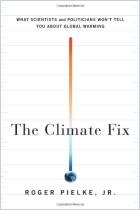
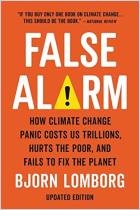
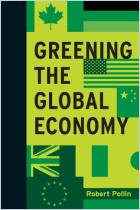
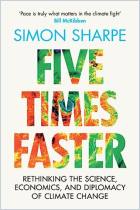

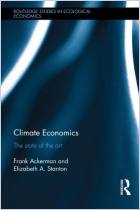






Comment on this summary or Comenzar discusión